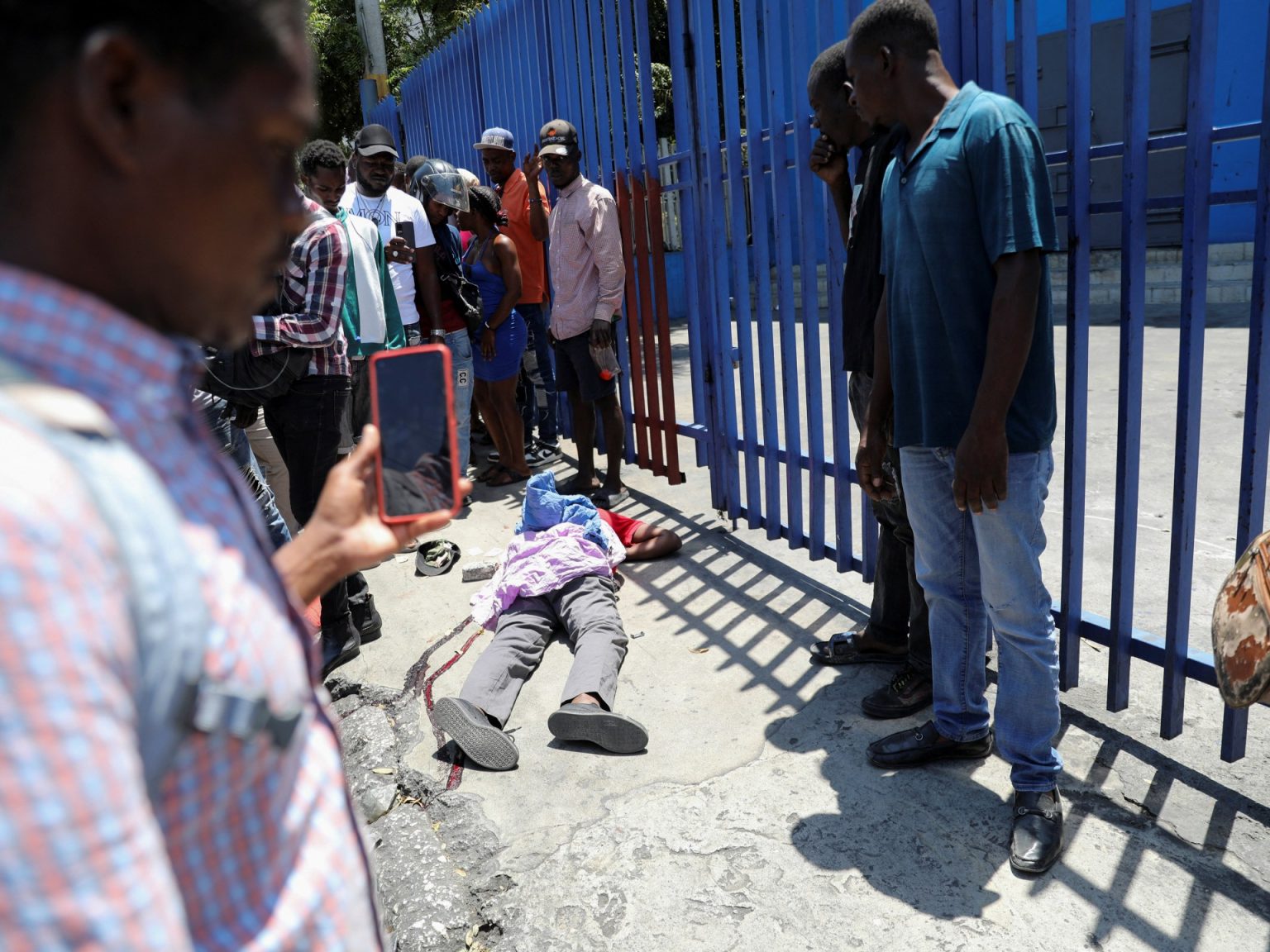Haiti’s transitional council has appointed Fritz Belizaire as the new prime minister in the midst of a power struggle with violent armed gangs that have taken control of many areas. Belizaire, a former sports minister, faces the challenging task of stabilizing the country, which has been engulfed in chaos following the resignation of former Prime Minister Ariel Henry. The council, led by Edgard Leblanc Fils, aims to appoint a cabinet and electoral council to pave the way for Haiti’s first general elections since 2016.
Belizaire’s nomination was supported by four of the seven voting members on the nine-member panel, while others expressed unfamiliarity with him. Despite the internal divisions within the council regarding the new appointments, Fils emphasized the importance of unity and consensus in overcoming conflicts. The ongoing violent clashes in Port-au-Prince highlight the urgency for the new prime minister to address the security crisis and bring stability to the country.
The violence in Haiti escalated following the release of thousands of inmates during raids on prisons in February, leading to armed gangs gaining control and attacking infrastructure. More than 2,500 people were killed or injured in the first three months of the year, and thousands have fled the capital in search of safety and basic necessities. The closure of ports and airport has further exacerbated the humanitarian crisis, making it difficult for people to access food and healthcare.
The political turmoil in Haiti, exacerbated by the lack of elections for eight years and the assassination of President Jovenel Moise in 2021, has created a power vacuum and fueled the chaos. The removal of interim Prime Minister Henry after pressure from armed gangs has left the country in a state of uncertainty. The transitional council, tasked with leading the country until elections can be held by February 2026, is facing challenges in finding political stability and addressing the prevailing security concerns.
Belizaire’s appointment as prime minister has sparked controversy, with some council members and civil society groups criticizing the lack of transparency and accusing it of being a backroom deal. The Montana Accord, a civil society group, described the announcement as a “conspiracy” against the Haitian people, raising concerns about the legitimacy of the decision. The next hurdle for the council is deciding on the deployment of a UN-backed Kenyan police force to assist in combating the armed gangs, but the timeline for this initiative remains unclear.
As Haiti grapples with political instability, violence, and humanitarian crises, the new prime minister faces significant challenges in navigating the country towards peace and stability. With internal divisions within the transitional council and ongoing armed conflicts, the path to recovery and rebuilding remains uncertain. The international community, including the UN and other partners, will play a crucial role in supporting Haiti’s efforts to address the security crisis and restore governance to the nation.


